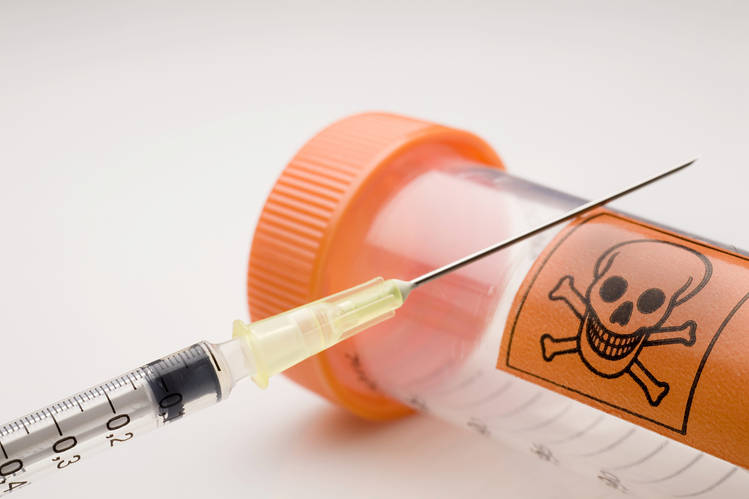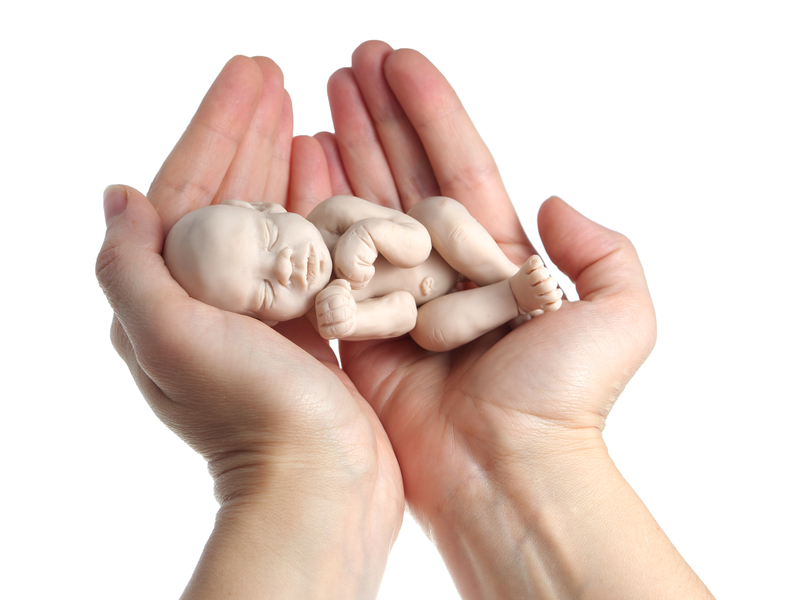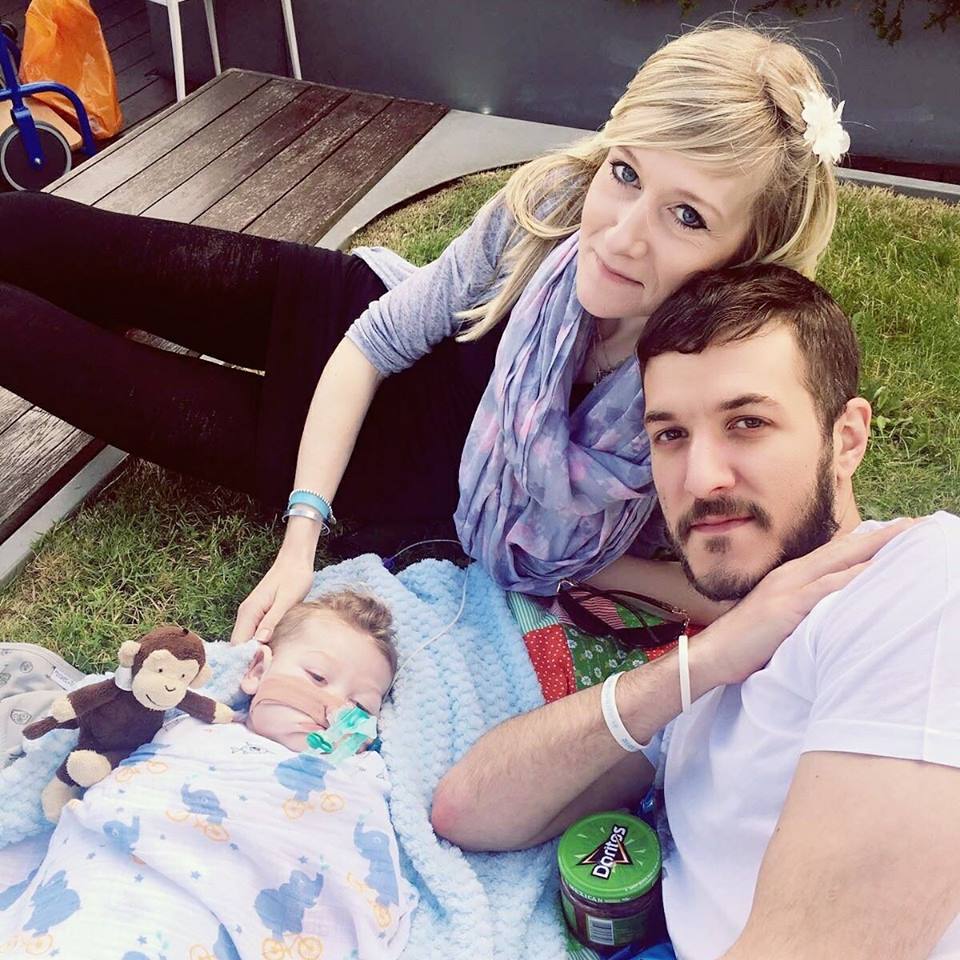

Bishop John Kirby of Clonfert has openly pondered whether it is time for the Church to no longer solemnise marriages on behalf of the State given that the State’s understanding of marriage has been so radically redefined. “We are now performing marriages that are not quite what we intended 40 or 50 years ago,” he explained at a conference in Limerick last week, as the civil concept of marriage has been changed by “the introduction of civil divorce, and the more recent introduction of same-sex marriage as meaning exactly the same thing in civil law”. “I just wonder,” he asked, “would it be better for the Church in Ireland to distance itself from the civil understanding of marriage, and celebrate our marriages as a sacrament and emphasise the sacramentality of Catholic marriages?” responding to this question, conference speaker Cardinal Christoph Schönborn of Vienna, Austria, said the key difficulty with separating the two is that even civil marriages have a “natural” dimension.

A group of donor-conceived children in the Netherlands are petitioning a court for access to a DNA sample of a deceased fertility doctor to ascertain whether he is their genetic father. Yonathan Lotte began the search for his sperm-donor father in 2011 but, in the clinic where the IVF that produced him took place, files were in disarray and records not properly kept. Worse again, rumours abounded that the doctor in charge, Jan Karbaat, had himself provided much of the sperm that had impregnated his patients. “We were in shock – it was a feeling of total disbelief. Karbaat was a doctor, and to use his own sperm to get women pregnant would have been totally prohibited,” said Yonathan. He and many others petitioned a court for a DNA sample of the fertility doctor, but this was opposed by the doctor himself. However, he passed away before the court made its decision, which is expected shortly.

Legislation to enable the sale of alcohol in all pubs, restaurants and licensed premises on Good Friday passed the Seanad yesterday. The Intoxicating Liquor (Amendment) Bill was introduced by independent Senator Billy Lawless, who said “the passage of today’s bill is another progressive step in Ireland’s long journey in the separation of church and State.” He added: “Removing this 90-year-old provision from the Statute Book sends another clear message that Ireland is a pluralist, global and forward-thinking country.” Vintners groups had lobbied the Government extensively on this and they welcomed passage of the bill. Only one Senator voiced opposition to the move. Fine Gael’s Joe O’Reilly sharply criticized as a myth that the move would help tourism. “What assists tourism in Ireland is our distinctiveness, our native culture, our difference, our Christian values and our traditions. Maintaining our identity attracts far more people to the country than shredding that identity on the altar of naked commercialism”. He also said the great majority of rural publicans oppose the move: “They would prefer the status quo. This is putting them under further economic pressure with costs. It was a day on which their premises were closed and on which they carried out repairs or whatever. Now they will be under commercial pressure from their peers and their neighbours to open and put in staff for a day.” He also voiced concern for workers rights, and for respecting the sensitivities of religious minded people for whom Good Friday, along with Christmas Day, is sacred and deserves special respect.

The British Prime Minister, Theresa May, has written of her support for introducing same-sex marriage in Northern Ireland though she continues to believe it should be a matter for the devolved Government.
“I want all British citizens to enjoy the fullest freedoms and protections. That includes equal marriage – because marriage should be for everyone, regardless of their sexuality,” she wrote in the PinkNews online newspaper.
“And while that is a matter for the devolved government of Northern Ireland, I will continue to make my position clear – that LGBT+ people in Northern Ireland should have the same rights as people across the rest of the UK.”

Figures from the Netherlands show there were 431 “terminations of life without explicit request” carried out by doctors there in 2015. Euthanasia has been legal in the country since the 1970s and every five years a study is conducted to track how many people die as a result of the law and whether there are any concerns with it. In 2015 there were 7254 assisted deaths (6672 euthanasia deaths, 150 assisted suicide deaths, 431 termination of life without request) and 18,213 deaths whereby the medical decisions that were intended to bring about the death. The figures also reveal that there were 1693 unreported assisted deaths (approximately 23%) in 2015. Writing at National Review Online, Wesley J. Smith, said the figures show doctors continually broke the law and violated the “strict protective guidelines” and yet nothing substantial is ever done about it. He also said there is “ongoing infanticide of terminally ill and seriously disabled babies, which is also against the law”, and yet nothing is done about that either. He concluded: “Guidelines exist to give false assurance, not to really protect against abuse. Once a society accepts euthanasia consciousness, guidelines cease to matter.”

A bill has passed the Oregon State legislature that ensures abortions will be covered by health insurance for all people regardless of “gender-identity” or, as the local newspaper the Willamette Week put it, “abortions for all women, regardless of income, citizenship status or gender identity.”
Groups are hailing the legislation for its outreach to transgender and gender-nonconforming patients. Kara Carmosino, Director of Programs and Strategy for Asian Pacific American Network of Oregon, said in a statement: “Transgender and gender-nonconforming Oregonians need access to services often categorized as ‘women’s health care,’ including gender-specific cancer screenings. Unfortunately, when coverage is dependent on one’s gender marker, procedural barriers can hinder access to this necessary and lifesaving care”.

At an International Family Planning Summit last week, the UK announced they would be devoting over one billion pounds sterling to fund abortion and contraception around the world. International Development Secretary Priti Patel acknowledged the tax funds would pay for what she called “safe abortions.” The claim that millions of women in the developing world are clamouring for abortion and contraception has been hotly disputed by activists. Obianuju Ekeocha of Culture of Life Africa told the BBC that African women generally are pro-life and are not asking for contraception but for more basic necessities such as water. Contraception and abortion is a “Western solution” to African poverty, she said, accusing liberals of colonialism. “I don’t think that any Western country has a right to pay for abortions in an African country, especially when the majority of people don’t want abortion … that then becomes a form of ideological colonization,” she said. She warned that the “very fabric” of an African nation will be “shredded” by Western funding of abortion-promoting groups like Marie Stopes. “Most of the African cultures across the different African countries consider abortion the destruction of human life,” Ekeocha told LifeSiteNews.

A disabled man in the UK has issued a plea to the courts to not make euthanasia legal as, he said, such laws make the disabled and terminally ill feel a burden to others and devalues their lives.
“Feeling like a burden is one of the greatest risk factors for suicide: disabled and terminally ill people like me are constantly told that we are a financial, emotional and practical burden on society, with the strong implication that we would be better off not being a burden,” wrote Jamie Hale in an op-ed in the Guardian newspaper.
Mr Hale pointed out that such a law would affect the poor disproportionately: “If medical, social and palliative care are treated as an expensive luxury for disabled and terminally ill people compared with the lower cost of assisted suicide, this will inherently devalue our lives, and affect the care offered to all of us”. In such instances, he said, remaining alive would come to be viewed as a selfish decision that places burdens on families, risks inheritances, and has a huge financial cost to society. “Disabled and terminally ill people are being told that, while other lives can improve and other people should be deterred from killing themselves, our lives are so bad we should actually be offered assisted suicide, and it would be best for other people if we accepted it.”

Charlie Gard’s parents have expressed dismay that the lawyer appointed to represent their 11-month-old son in court heads a charity that advocates for euthanasia.
A source close to the parents told The Daily Telegraph: “The family find it astonishing that the quango that appointed the barrister to act in the interests of Charlie Gard is the chairman of Compassion in Dying, the sister body of Dignity in Dying, formerly known as the Voluntary Euthanasia Society. The implication is obvious. It looks like a profound conflict of interest.” Compassion in Dying have responded though saying it was wrong to suggest there was any conflict of interest between Mrs Butler-Cole’s role in representing Charlie’s guardian in court and her view that adults with full mental capacity should be allowed to plan their own death.
A charity spokesman said: “There are clear differences between this case, the work of Dignity in Dying and the work of Compassion in Dying. The Charlie Gard case is about making decisions in the best interests of a seriously ill child.”